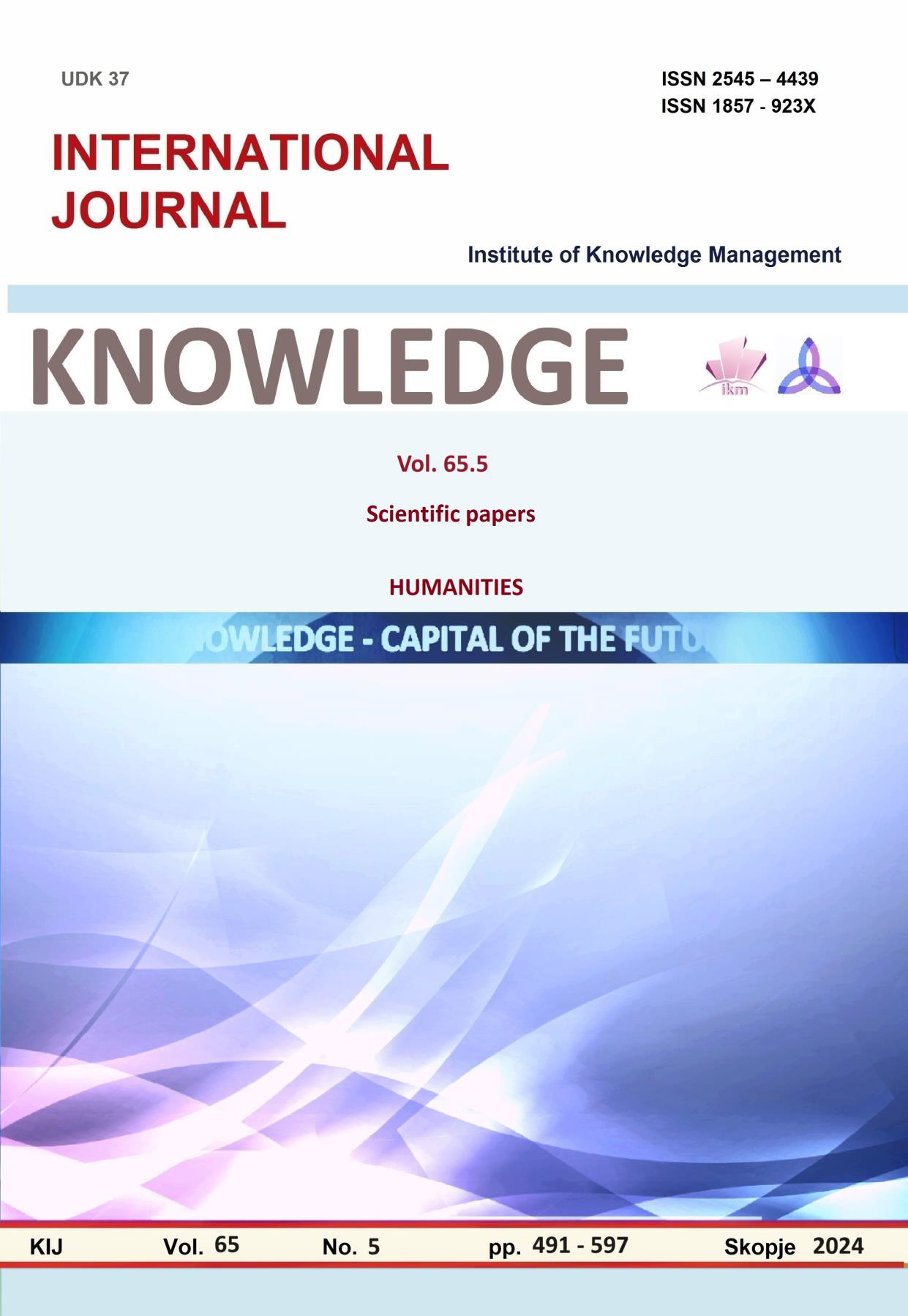LUAN STAROVA'NIN KONSTANTİNOPOLİS GÖÇMENİ (ЦАРИГРАДСКИ ЕМИГРАНТ) ROMANINDA GÖÇ
MIGRATION IN LUAN STAROVA'S NOVEL THE IMMIGRANT OF CONSTANTINOPLE (ЦАРИГРАДСКИ ЕМИГРАНТ)
Author(s): Seyhan Murtezan IbrahimiSubject(s): Language and Literature Studies, Studies of Literature, Theory of Literature
Published by: Scientific Institute of Management and Knowledge
Keywords: migration;identity;home;literature
Summary/Abstract: Migration is a movement that includes the limits of an unknown route, which has the desire to "return to a potential home" at its end. For many displaced people, the act of returning home represents the seal of real identity. Homeland to return to, the symbol of privacy of regaining its essence and recreating itself is adopted. The modern migration movements occurring in the world point out that every point of necessity is a transition zone, and that the hopes of the exiles to end their stories in the destinations and reach home are impossible. People who are exposed to such feelings feel the need to make themselves accepted in silence in different ways. As a science, thanks to literature, which forms a very special bridge so that we can carry our values from one place to another, writers need a stable interpretation of history with the fictions and images they create about their origins by referring to their memories. After the Ottoman withdrawal from the Balkan lands, we encounter the 'quest for identity', 'identification', the image of the family that was marginalized and forced to migrate in the nations left in the void. In the stories and the events in the stories, it is told how the freedom zone of the people is restricted by the drawn 'boundaries'. Because identity is a mirror that connects people to the world. In our study, the story of a "Father", who closely adheres to the principle of searching for his roots in the novels of Luan Starova, who deals with the process of their exile due to the forced migration from Albania to Macedonia in his works, is discussed. While Starova deals with the search for her father's roots in the Ottoman Kadi Registers in all of her works belonging to the Balkan Epic, it has been determined that she reflects the same problem from a different perspective in her novel Konstantinopolis Göçmeni (Цариградски Емигрант) published in 2019. It has been emphasized how the historical, political, ideological and cultural formations in the novel have changed reluctantly. Literary texts often remind those forgotten in the course of history. Starova in the novel Konstantinopolis Göçmeni, which is the subject of our research, and the period of Baba's duty as judge in Istanbul during the Ottoman period, which is overshadowed in his other novels, was enlightened by the visit of his cousin, Ali Fethi Okyar's son Osman Okyar, who had a share in the establishment of the Turkish Republic and the National Struggle, in Skopje. As a result of our study, we see that the journeys made because of migration, forced or not, doom people to live between two borders, to wait longingly on the threshold of the border, and there is no home to return to.
Journal: Knowledge - International Journal
- Issue Year: 65/2024
- Issue No: 5
- Page Range: 551-556
- Page Count: 6
- Language: Turkish

